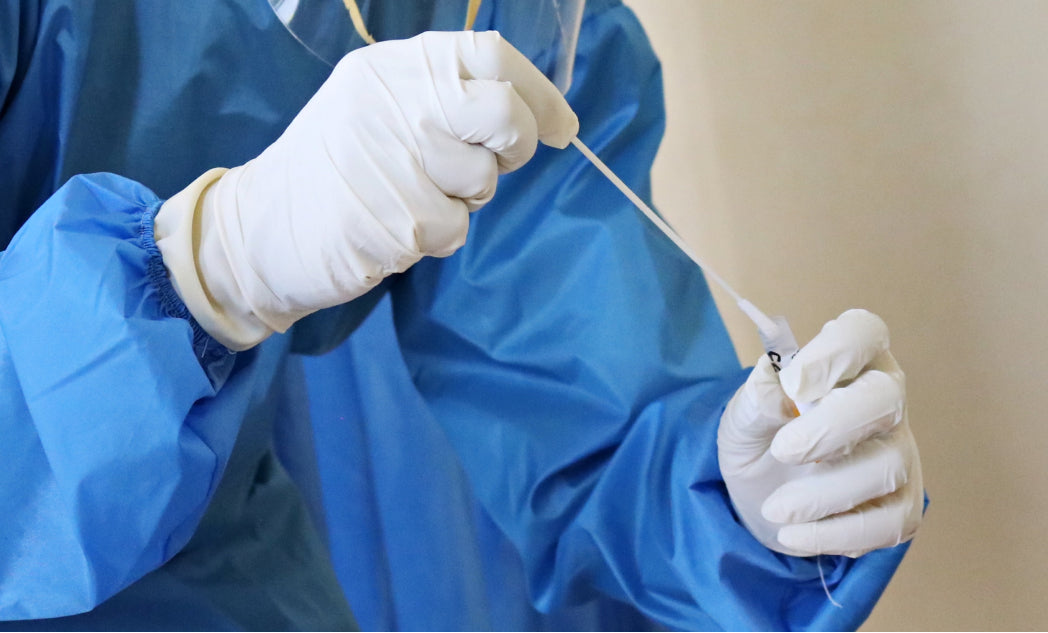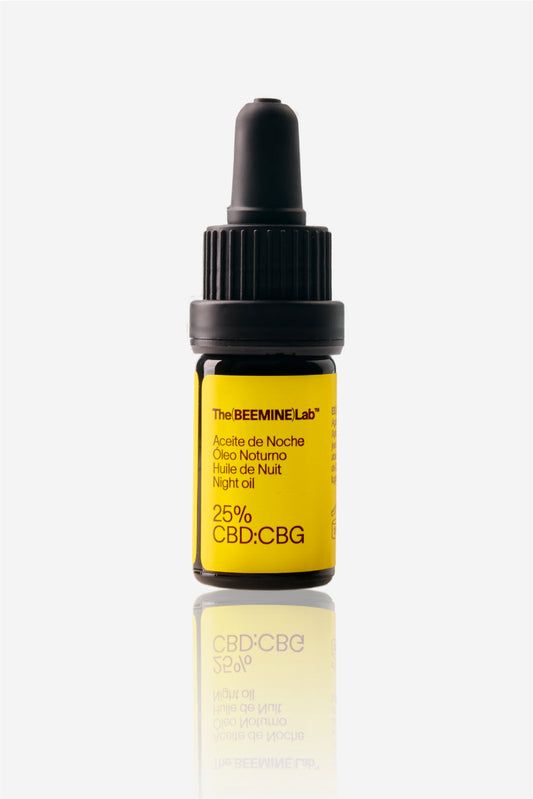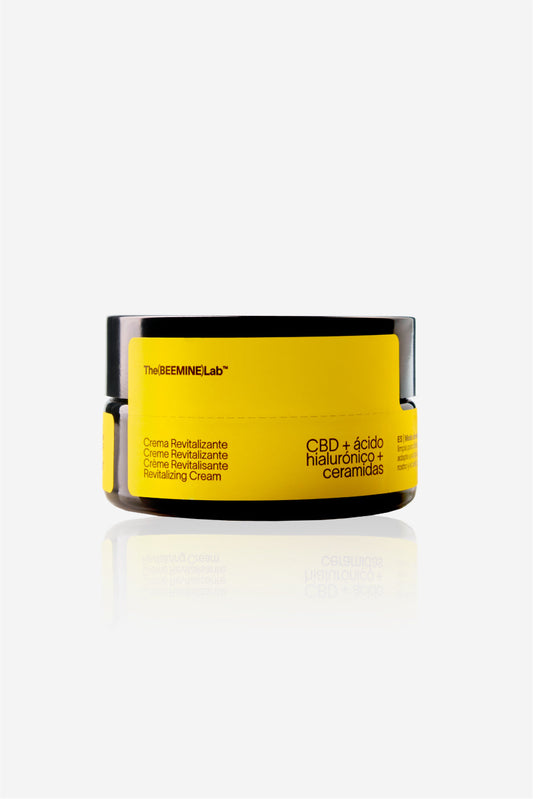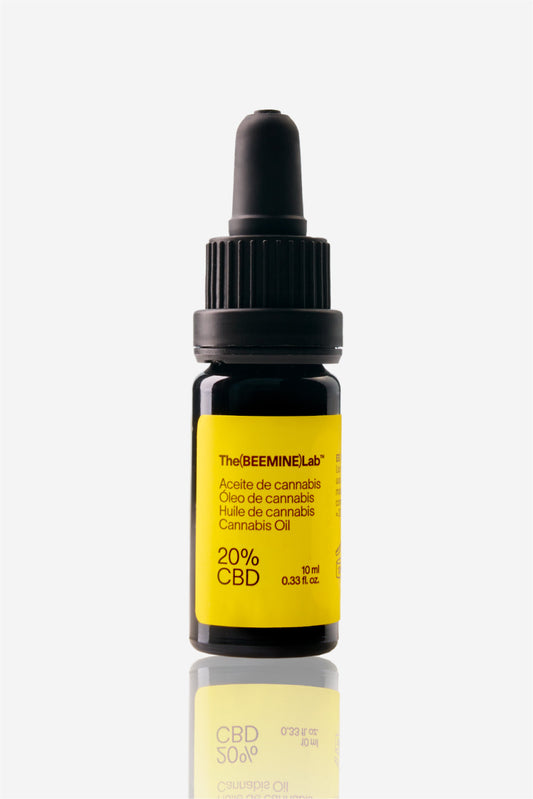How does the COVID-19 virus enter our body?
The COVID-19 pandemic caused by the SARS-CoV-2 virus has become a major public health problem . It can cause a variety of symptoms, from being benign in most cases to causing multiple organ failure and death. The severity of the disease will depend on several risk factors such as age, cardiovascular and kidney disease, and/or the state of the host's immune system . Transmission of the virus occurs when an infected person exhales very small respiratory droplets and particles containing the virus. These respiratory droplets and particles can be inhaled by other people or deposited on their eyes, nose, or mouth. In some circumstances, they can contaminate the surfaces they touch (1 and 2). Once the virus reaches the body, it begins to replicate primarily in the mucosa of the upper respiratory tract (pharynx, larynx and nasal passages). From there it can invade the cells of the bronchi, lungs, gastrointestinal tract, and other organs thanks to the interaction of the structural protein S and the receptor for the angiotensin converting enzyme 2 (ACE2). In some way the viral protein S would be its entry key and the ACE2 receptor the lock of our cells. This process of union between host cell and virus is a critical moment for the development of the disease, and a possible pharmacological target to prevent infection or shorten its virulence process (2).Can cannabinoids be useful in treating COVID-19?
As a complement to vaccines, therapy with smaller molecules that can help prevent or treat infections by SARS-CoV-2 and all its current variants has always been required. For this purpose , the S (Spike) protein was chosen as a pharmacological target since it is the key to entry into cells and it would be possible to find a ligand or binding molecule that could somehow block that entry. This approach in which the interaction between the virus and a receptor is blocked has already been used for other viruses such as HIV or the hepatitis C virus . Molecules of plant origin are normally one of the most successful sources of drugs or drug precursors in the history of pharmacology (2). A large number of plant-derived molecules were tested, and it was discovered that certain phytocannabinoids had an affinity with the S protein subunit 1 (S1) of the virus . Phytocannabinoids are compounds extracted directly from hemp (Cannabis sativa L.), of which there are 70 that can be well assimilated if taken orally. As we already know, in 2018 the FDA approved the first drug containing only cannabidiol (CBD) for certain types of epilepsy . This suggests that cannabinoids may be interesting to test in certain pathologies, since they also tend to have a good safety profile (2 and 4). Once the affinity test between cannabinoids and protein S was carried out, it was possible to see which ones had the greatest affinity, being cannabidiolic acid (CBDA) and cannabigerolic acid (CBGA). Both CBDA and CBGA could block the infection of the original SARS-CoV-2 virus as well as the rest of the variants that exist today. To determine this, tests were carried out with live SARS-CoV-2 viruses and host cells in which the cannabinoid was added. The inhibitory power of both cannabinoids could subsequently be seen and quantified, concluding that CBDA would be the most useful for blocking entry into the cell(2).
Conclusions
COVID-19 is a disease that has caused irreparable damage and currently there is still no treatment that can protect us from infection, apart from the vaccines already on the market. Vaccines have proven effective in preventing hospitalizations and reducing the virulence of the disease, but they do not prevent infection by the virus. One of the most important lines of research in reference to the treatment of the SARS-COV-2 virus is the one that prevents the virus from entering cells , preventing the disease from developing. This requires molecules that can block the S protein , which is necessary for the virus to enter the body's cells and subsequently develop the disease. Some phytocannabinoids similar to CBD have shown some evidence of binding to the S protein and preventing SARS-CoV-2 infection in human cells. The cannabinoids that showed the most evidence were CBDA and CBGA, providing a possible avenue of research that requires further testing to be tested in living beings. Although the data are positive, there is currently insufficient evidence to recommend the use of these cannabinoids in humans, so vaccination and the use of other treatments currently approved to combat COVID-19 remain vital. Literature:- https://www.cdc.gov/coronavirus/20%20Pastrian-Soto,%20Gabriel.%20(2020).%20Presencia%20y%20Expresi%C3%B3n%20del%20Receptor%20ACE2%20(Target%20de% 20SARS-CoV-2)%20in%20Tissues%20Human%20and%20Cavity%20Oral.%20Possible%20Routes%20of%20Infection%C3%B3n%20in%20%C3%93organs%20Oral.%20International%20journal%20of%20odontostomatology ,%2014(4),%20501-507%2019-nCoV/hcp/index.html
- Richard B. et al. Cannabinoids Block Cellular Entry of SARS-CoV-2 and the Emerging Variants. Journal of Natural Products 2022 85 (1), 176-184
- Pastrian-Soto, Gabriel. (2020). Presence and Expression of the ACE2 Receptor (Target of SARS-CoV-2) in Human Tissues and Oral Cavity. Possible Routes of Infection in Oral Organs. International journal of odontostomatology, 14(4), 501-507
- https://cima.aemps.es/cima/dochtml/ft/1191389001/FT_1191389001.html






